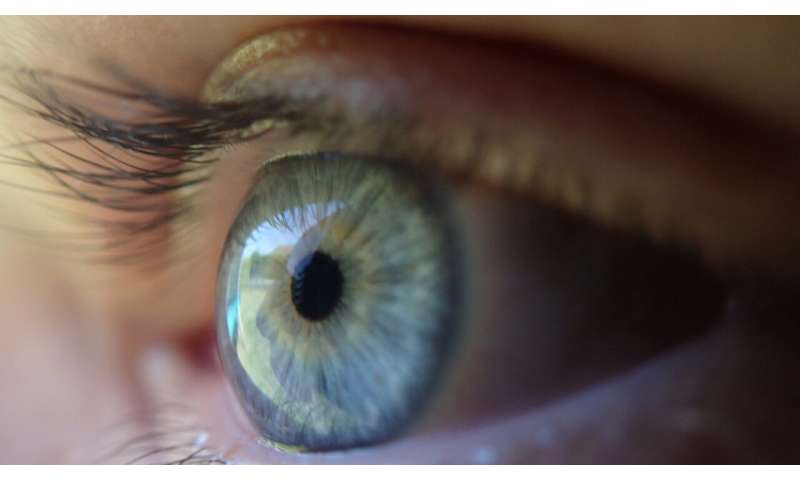Best of Last Week—Exotic particle observed, tracking coronavirus infections with phones and fixing eyesight with light

It was a good week for physics research as a team at MIT's LIGO Laboratory found that quantum fluctuations can jiggle objects on the human scale—they discovered that quantum fluctuations could "kick" an object as large as a 40-kilogram mirror. Also, a team working on the Large Hadron Collider Beauty project discovered an exotic four-quark particle at the CERN complex.
It was also a good week for technology advancement as a team at cybersecurity firm Malwarebytes reported that they had found credit card skimmers hiding in web page image files. This represents a new form of consumer credit card theft. Also, a team at Ohio State University proposed a way for consumers to use their phone's microphone to track possible COVID-19 exposure—by programming phones to emit ultrasonic signals that other phones can detect when a person is diagnosed with the disease. And a team with members from IBM Research-Zurich and ETH Zurich announced that they had developed a hyperdimensional computing system that performs all core computations in memory. Also, another team at ETH Zurich announced that they had developed a completely new plasmonic chip for ultrafast data transmission using light.
In other news, a team at Peking Union Medical College announced that they had found that monkeys infected with the novel coronavirus developed short-term immunity—a hopeful sign for immunity in humans. And a team at the University of California San Diego School of Medicine announced that they had developed a better method of calculating a dog's age relative to humans than multiplying by seven—they developed a formula that they claim is far more accurate. Also, a team with members from Karolinska Institutet and Karolinska University Hospital found evidence suggesting that immunity to COVID-19 is probably higher than tests have shown.
And finally, if you are one of the millions around the world worried about gradually losing your eyesight as you grow older due to retinal aging, help may be on the way. A team of researchers working at University College London found that declining eyesight can be improved by looking at deep red light.
© 2020 Science X Network